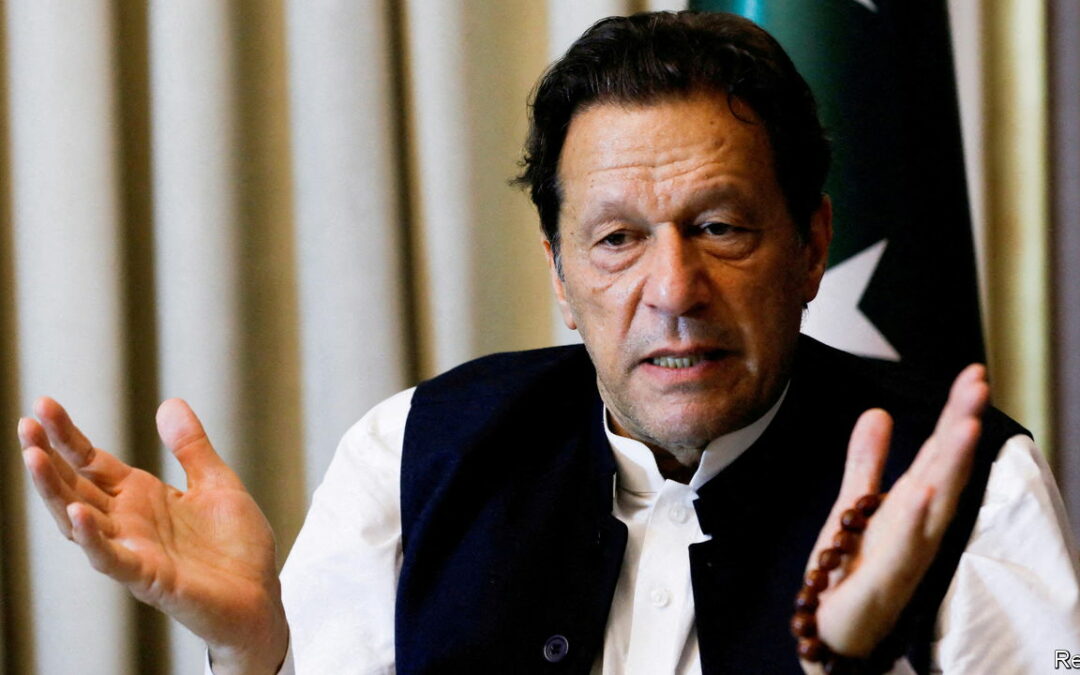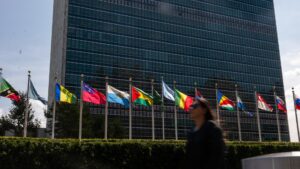FOR A MAN who faces multiple charges of terrorism and inciting violence across Pakistan, the case that eventually landed Imran Khan in jail was tame. On August 5th a court in Islamabad, the capital, convicted the ex-prime minister (and former cricket star) of “corrupt practices” in a case involving state gifts. Mr Khan was sentenced to three years in prison and later barred from politics for five years. The court found he had breached electoral laws by making false declarations about the value of gifts from foreign dignitaries which he sold on for his own benefit during his time in office. Mr Khan denies any wrongdoing and has lodged an appeal (so far unsuccessfully). He also says the charges are politically motivated.
Whether or not Mr Khan is guilty, he probably has a point. Corruption penetrates all levels of business and government in Pakistan, which ranks 140th out of 180 countries in a corruption-perceptions index compiled by Transparency International, an anti-graft watchdog. Yet it is rarely prosecuted with any seriousness unless the accused has fallen foul of Pakistan’s government or the powerful army, whose heavy involvement in politics and business is one of the main sources of corruption. Rather than being a way to keep all politicians and businesspeople honest, corruption investigations are a means to keep pesky opponents of those in power away from politics.
Mr Khan fits that mould. Before he was removed from office in a vote of no confidence in April 2022, he styled himself as a pious anti-corruption crusader. It was his political opponents who then found themselves under investigation. Shehbaz Sharif, now the prime minister, and members of his family were indicted in a money-laundering case in 2020; Mr Sharif spent eight months in prison before being awarded bail. In 2021 some 600 officials in Sindh province, all belonging to parties opposed to Mr Khan’s Pakistan Tehreek-e-Insaf, were indicted for embezzling state funds.
When Mr Sharif took over from Mr Khan, the tables turned. In July an anti-corruption court acquitted Mr Sharif and his co-accused of all charges in the money-laundering case. Meanwhile the court that sent Mr Khan to prison handed down the maximum sentence possible under a law that is rarely enforced. The former prime minister will continue to face legal troubles even if his appeal is successful. When he was arrested in May his party submitted a list to the courts that detailed 121 pending cases against him. Mr Khan claims that there are around 150 in total.
It is possible that not all of these cases are entirely spurious. Mr Khan is prone to rabble-rousing and some think he was not above using the legal system against opponents while he was in power. Yet the salient point about most of them is a different one. Prosecuting even a few will entangle him in legal proceedings for years, thwarting his return to politics. ■









